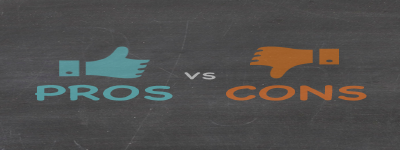
   |
[Debate/토론] (PC-013) Are Social Networking Sites Good for Our Society?
최고관리자 | 18-02-01 22:14

76% of American adults online use social networking sites such as Facebook, Instagram, Twitter, LinkedIn, and Pinterest, as of July 2015, up from 26% in 2008. [26] [189]. On social media sites like these, users may develop biographical profiles, communicate with friends and strangers, do research, and share thoughts, photos, music, links, and more.
Proponents of social networking sites say that the online communities promote increased interaction with friends and family; offer teachers, librarians, and students valuable access to educational support and materials; facilitate social and political change; and disseminate useful information rapidly.
Opponents of social networking say that the sites prevent face-to-face communication; waste time on frivolous activity; alter children’s brains and behavior making them more prone to ADHD; expose users to predators like pedophiles and burglars; and spread false and potentially dangerous information.
Pros
1. Social media spreads information faster than any other media.
2. Law enforcement uses social media to catch and prosecute criminals.
3. Social media sites help students do better at school.
4. Social media allows people to improve their relationships and make new friends.
5. Social media helps empower business women.
6. Social media sites help employers find employees and job-seekers find work.
7. Being a part of a social media site can increase a person's quality of life and reduce the risk of health problems.
Cons
1. Social media enables the spread of unreliable and false information.
2. Social media lacks privacy and exposes users to government and corporate intrusions.
3. Students who are heavy social media users tend to have lower grades.
4. Social media can lead to stress and offline relationship problems.
5. Social media can entice people to waste time.
6. Using social media can harm job stability and employment prospects.
7. The use of social media is correlated with personality and brain disorders.
   |




